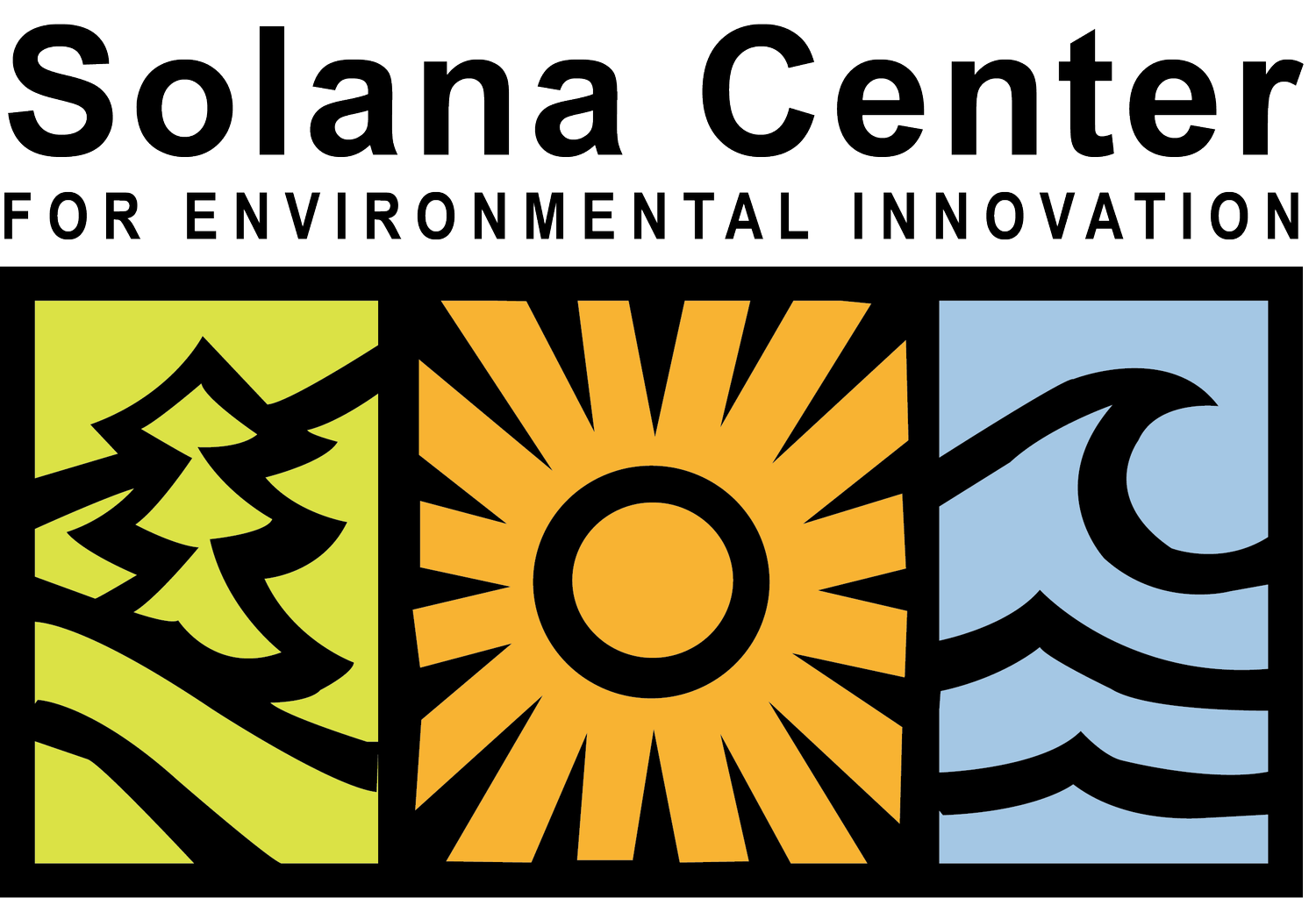
SB 1383 EDIBLE FOOD RECOVERY & ORGANICS RECYCLING COMPLIANCE FOR BUSINESSES
CA Senate Bill 1383 (SB 1383) aims to reduce the amount of organic matter in landfills to reduce the amount of methane emissions generated and recover excess edible food to feed people in need. The following statewide targets need to be met:
Reduce organic waste disposal 75% by 2025.
Rescue for people to eat at least 20% of currently disposed surplus food by 2025.
Californians send 11.2 billion pounds of food to landfills each year, and a lot of that food is edible for human consumption. In San Diego County, 1 in 4 residents are nutrition insecure and do not know when and where their next meal is coming from. To reduce the amount of food waste and feed more Californians, SB 1383 requires certain food-generating businesses to donate surplus edible food to food recovery organizations. Edible food recovery and food waste reduction programs help save businesses money while also having positive environmental and societal impacts.
All businesses and residents living in CA will be required to divert their organic waste from landfill. “Organic waste” includes food scraps, food-soiled paper, yard trimmings, and natural fibers.
To comply, all residents and businesses alike must:
subscribe to an organics curbside collection service
OR
self-haul organic waste to a composting facility or compost on-site
Organic recycling compliance for all regulated businesses is in effect from January 1, 2022. Check with your local hauler for organic sorting guidance.
Republic Services
Waste Management
What Goes In the Green Bin?
Additional compliance information for single-family residents, multi-family residents, and businesses can be found here.
SB1383 Food Recovery Requirements
SB 1383 requires certain food-generating businesses to donate their surplus edible food to people in need. Feeding hungry people through food recovery is the best use of surplus food and a vital way for California to conserve resources and reduce waste thrown in landfills.
Businesses (Food Generators)
Businesses that are required to donate surplus edible food are categorized as Tier 1 and Tier 2 Businesses based on the following thresholds.
TIER 1 DONORS
Required to Send Surplus Food to Food Organizations Starting January 1, 2022
Supermarkets with revenue ≥ $2 million.
Grocery Stores with Facilities ≥ 10,000 sq. ft.
Food Service Providers
Food Distributors
Wholesale Food Vendors
TIER 2 DONORS
Required to Send Surplus Food to Food Organizations Starting January 1, 2024
Restaurants with Facilities ≥ 5,000 sq. ft. or 250+ seats
Hotels with an On-Site Food Facility and 200+ Rooms
Health Facilities with an On-Site Food Facility and 100+ Beds
Large Venues and Events
State Agency Cafeterias with Facilities ≥ 5,000 sq. ft. or 250+ seats
Local Education Agency with an On Site Food Facility
Non-Local Entities
Food recovery compliance for all regulated businesses is in effect from January 1, 202
Your Tier 1 or Tier 2 business is obligated to comply with the following requirements.
Recover Surplus Food: Tier 1 or Tier 2 commercial edible food generators must donate the maximum amount of surplus edible food to a food recovery organization or service.
Partner with Food Recovery Organization: Tier 1 or Tier 2 commercial edible food generators must donate surplus edible food to a food recovery organization or service. They must also have a copy of all contracts or written agreements established under 14 CCR Section 18991.3(b).
Keep Records: Tier 1 or Tier 2 commercial edible food generators must maintain records of the following information for each Food Recovery Service or Food Recovery Organization:
Name, address, and contact information of the Food Recovery Service or Food Recovery Organization.
Types of food collected or self-hauled.
Frequency and quantity of food recovered (in lbs.).
Annual Reporting Form: Submit donation records for the entire previous calendar year to the City. (Check with your city as this is not required in all cities). If you need help filling out the form, please contact:
Solana Center: 760-436-7986 ext. 701 or zerowaste@solanacenter.org
SB1383 Compliance Requirements for Businesses
Compliance Requirements for Food Recovery Organizations or Services
Keep Records: Maintain records of the following items or have them electronically accessible during annual inspections:
The name, address, and contact information for each commercial edible food generator that the organization received Edible Food from.
The quantity in pounds of edible food received from each commercial edible food generator per month.
The name, address, and contact information for each food recovery service that the organization received edible food from for food recovery.
Annual Reporting Form: Submit donation records for the entire previous calendar year to your City. If you need help filling out the form, please contact: Solana Center: 760-436-7986 ext. 701 or zerowaste@solanacenter.org
List of Food Recovery Organizations supporting Businesses
These will be posted on your City’s edible food recovery page.
Food Recovery Organizations (FROs)
SB 1383 requires Food Recovery Organizations or Services that receive donations of food from or are in an agreement with a regulated Tier 1 or Tier 2 food generator to maintain records of pounds of donations.
Definition of Regulated Food Recovery Organization or Food Recovery Service:
Food Recovery Organization: An entity that collects and transports edible food from food businesses and distributes it directly to the public. (E.g., Father Joe’s Village)
Food Recovery Service: An entity that collects and transports edible food from food businesses to food recovery organizations or other entities for distribution.



